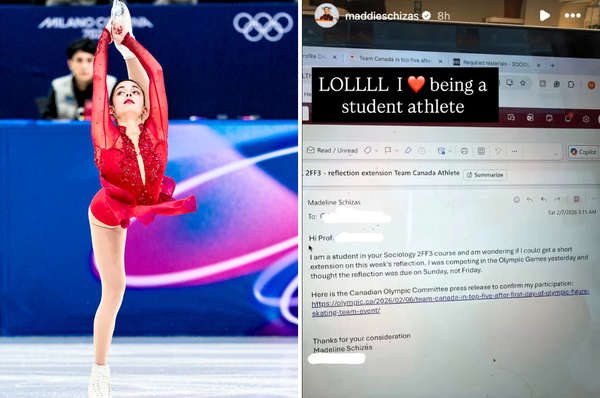This Doctor Group Created A Program For Girls In Kenya To Learn About FGM Instead Of Being Cut
The program incorporates the traditional ceremonies involved in coming of age, but instead of being cut, girls learn about FGM and their reproductive health and rights.
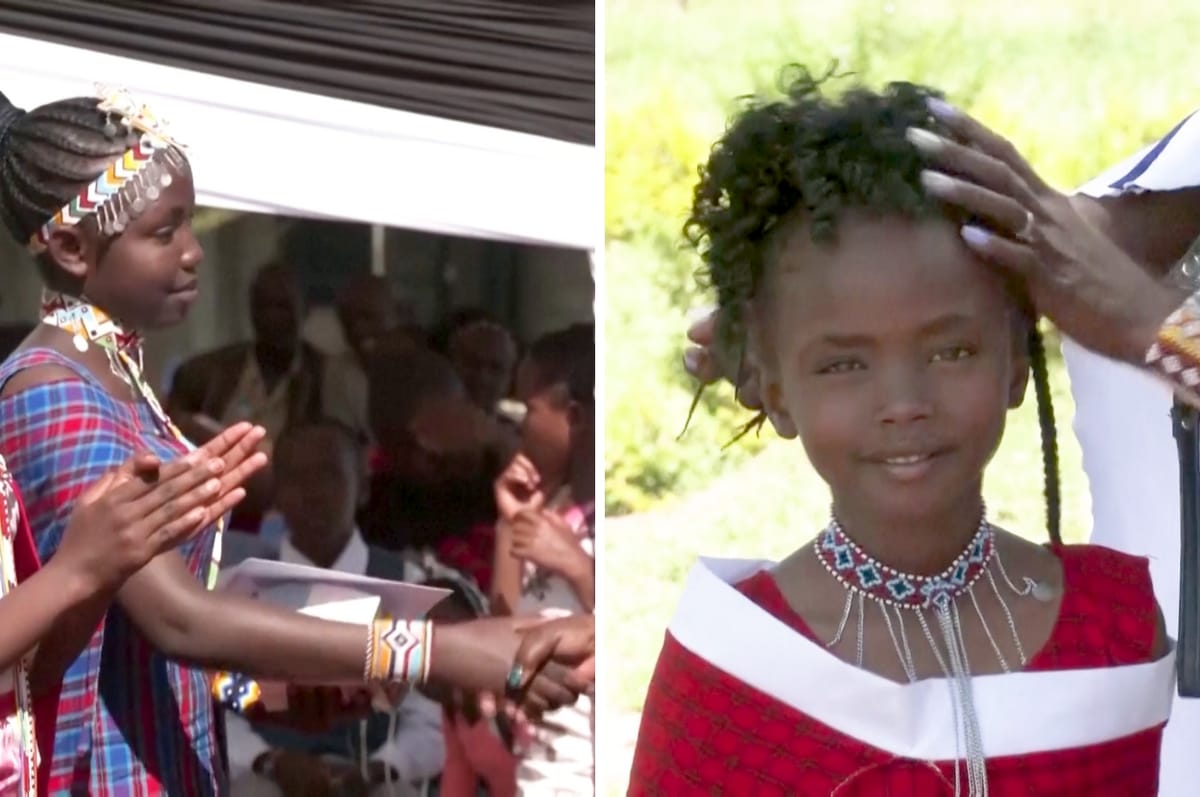
A doctor group has created a program that serves as an alternative rite of passage for Indigenous girls in Kenya to learn about female genital mutilation (FGM) instead of being cut.
In traditional Masaai culture, girls are expected to undergo FGM, a dangerous procedure that involves removing female genitalia that often results in lifelong health complications.
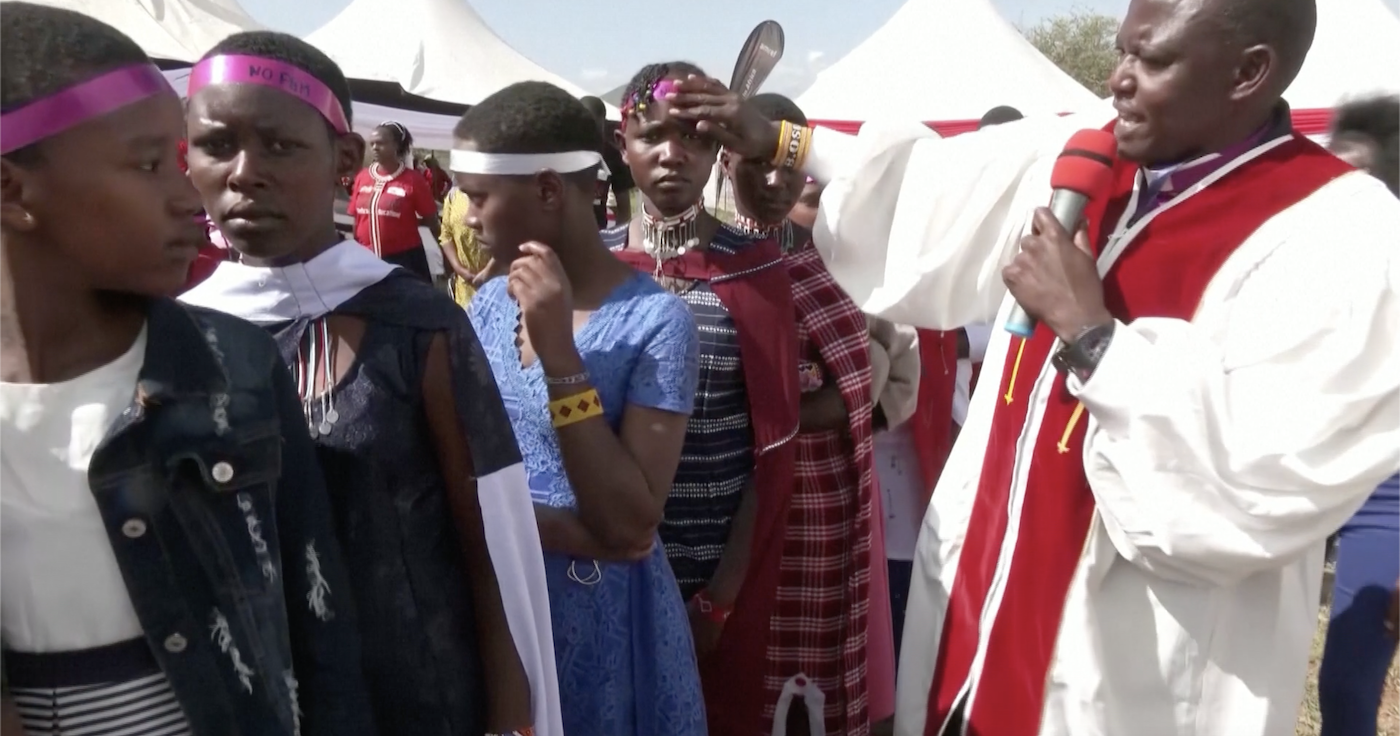
In some cases, girls bleed to death or die from infections and the practice can also cause lifelong painful conditions such as fistula and fatal childbirth complications, according to the United Nations.
One in five Kenyan women and girls aged between 15 and 49 have undergone FGM, according to the UN.
To help educate girls and the community about the risks associated with FGM, the Africa Medical Research Foundation, known as Amref, worked with the Masaai community to develop an alternate program to FGM.
The program incorporates the traditional ceremonies involved in coming of age, but instead of being cut, girls learn about FGM and their reproductive health and rights.
After the four day program, girls receive a certificate of graduation.
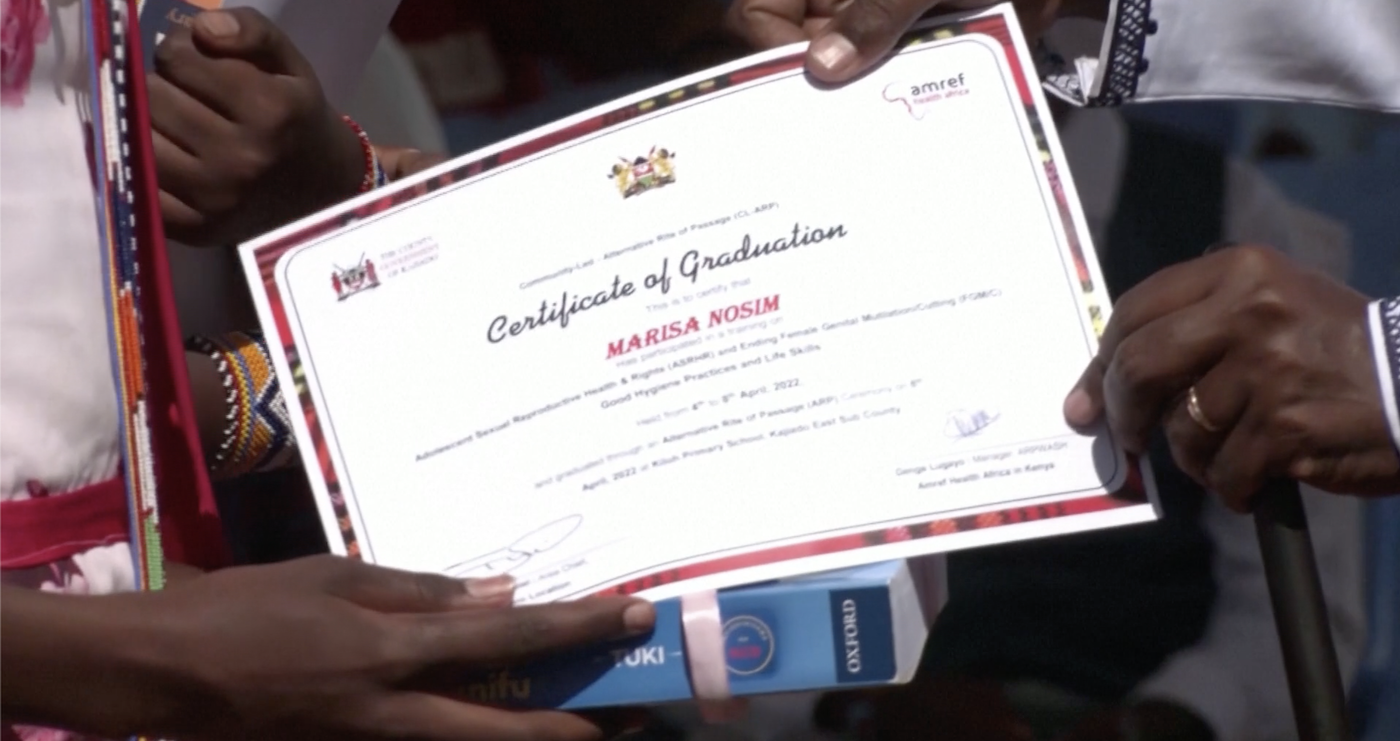
“I’ve learnt a lot and I am able to differentiate between the bad part of our culture and the good part of our culture which is very good, and I have learnt that to protect my kids, my daughters, my cousin,” Abigail Namelok, a girl who took part in the program told Reuters. “It’s not for you to be cut that to prove to be a woman,” Namelok said. “There’s another alternative.”
“FGM is deeply rooted in our culture, in our Maasai culture and you cannot uproot a tree not unless you remove all the roots, yet we know that, change of behavior, change of perception and attitude takes time. So, that’s why we take that time so that people change attitudes, change perception, and accept now to graduate the girls,” Amref project officer Grace Majakusi said.
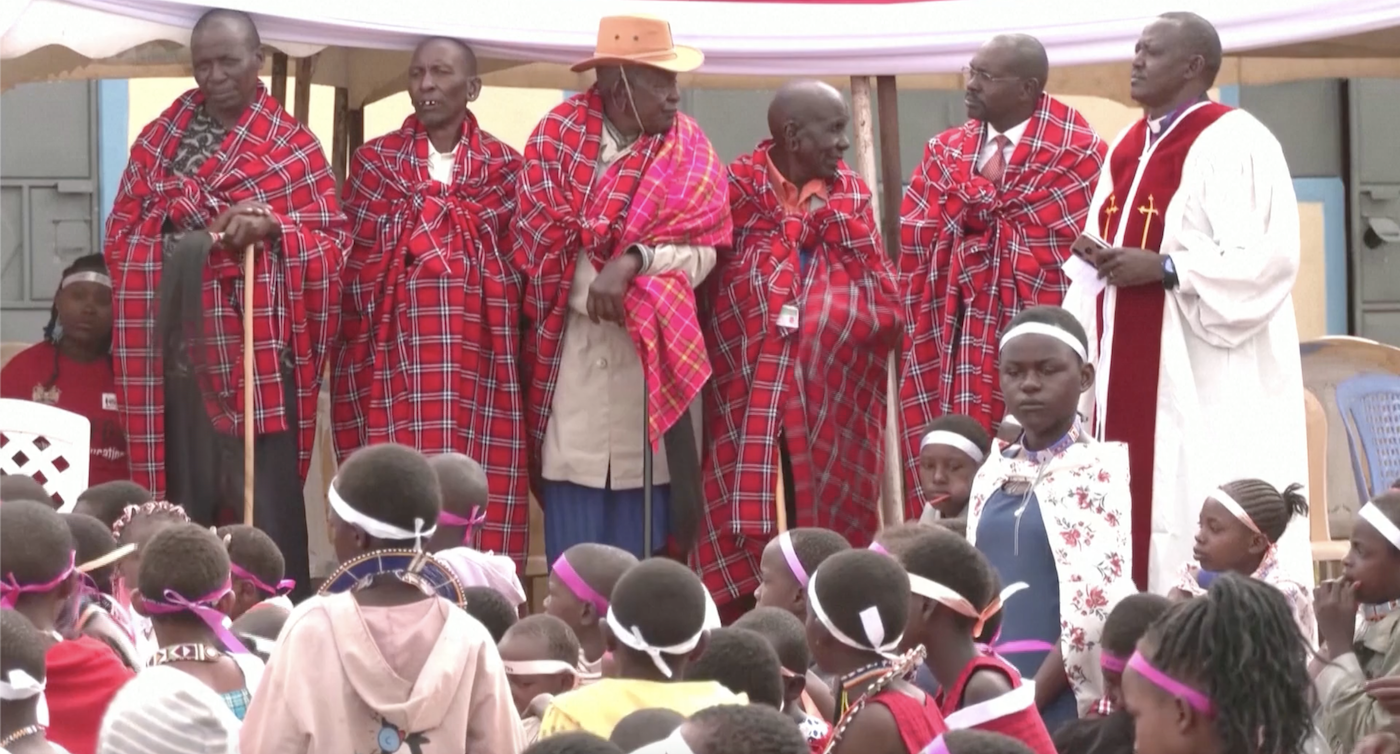
“I also see it very important myself for my daughter to get these lessons, this training as young as she is, that when she grows up, she really understands that I have a right not to be cut, and whenever she mingles with others, she will never be diluted that mind,” Felista Toiyan, a Masaai woman who acted as a facilitator on the program, said.




